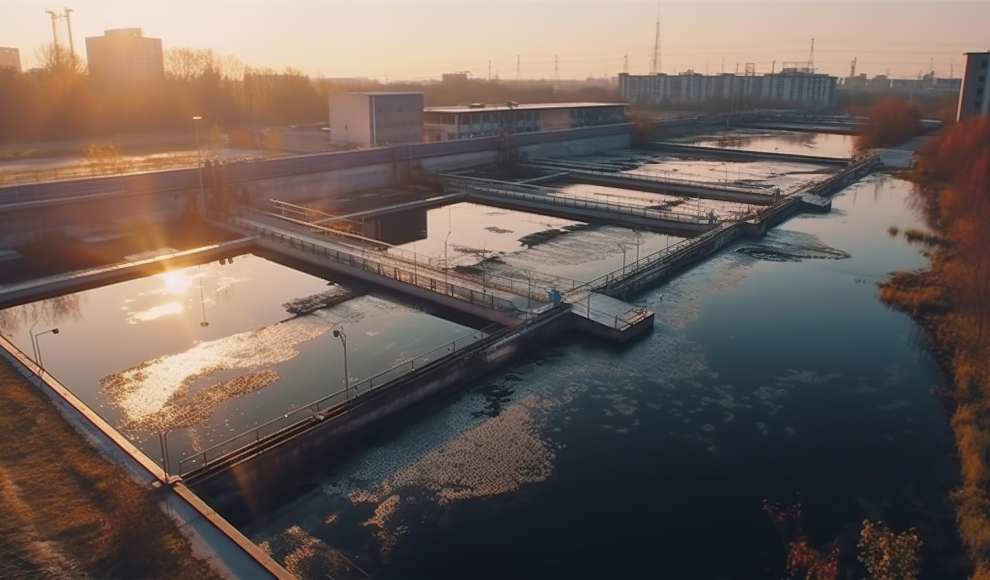A new study has revealed that changes to bodies of water can significantly increase their methane emissions. Methane has a much stronger impact on climate change than CO2, with emissions from the gas occurring during activities such as oil drilling. The study, conducted by researchers at the University of Wisconsin-Madison, is the first detailed investigation into the causes and size of methane emissions from flowing bodies of water. The findings expand our knowledge of methane and its impact on climate models, while also highlighting potential measures to reduce emissions.
Surprisingly, the study found that temperature is not the main factor affecting the level of methane emissions. The computer models showed that the emissions are primarily influenced by the surrounding habitats. Rivers and streams in high latitudes, often connected to marshes and wetlands, as well as the dense forests of the Amazon and Congo basins, are responsible for above-average methane emissions. In some regions, human activities such as drainage ditches and sewage treatment plants also significantly increase methane emissions. The researchers hope that their findings will contribute to a better understanding of methane sources and improved climate models.
The study’s lead author, Emily Stanley, noted that the research expands our knowledge of methane and its impact on climate models. She also highlighted the potential for measures to reduce emissions, such as the preservation and restoration of freshwater systems. The study’s findings are particularly relevant given the significant impact of methane on climate change and the need for effective measures to reduce emissions.










